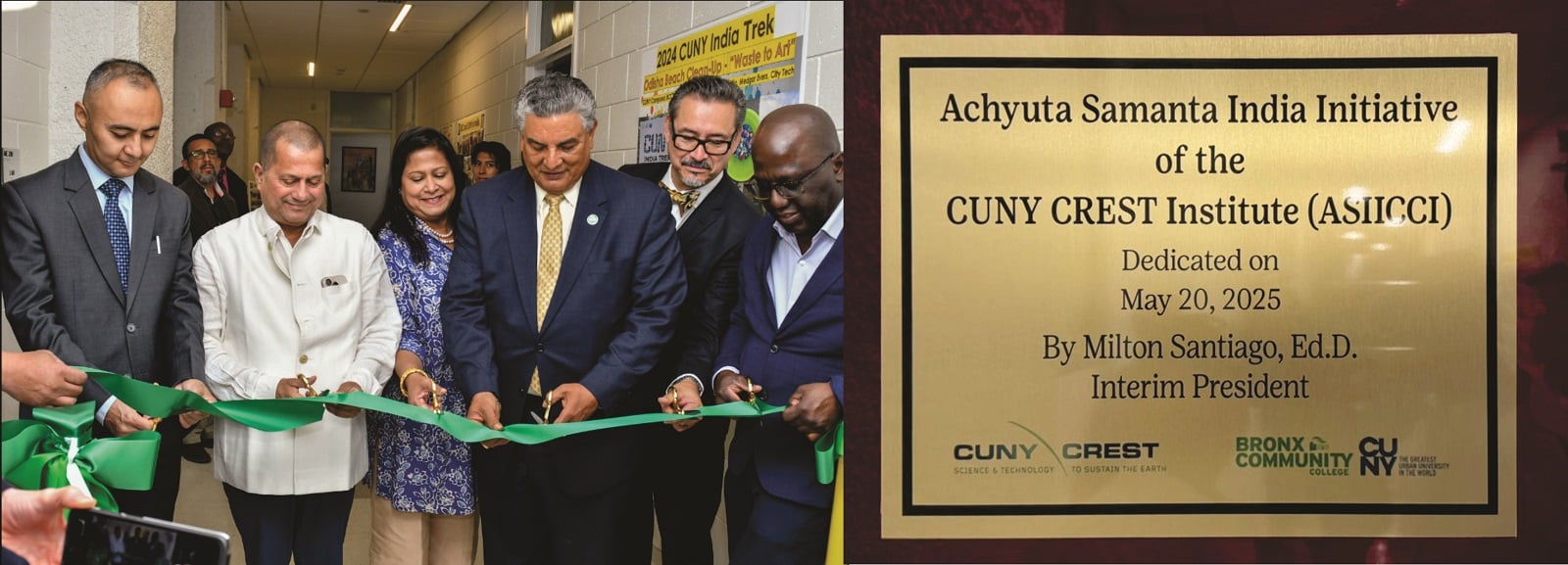The replacement of the Medical Council of India with a Board of Governors (BoG) will strengthen the medical education of the nation. J.P. Nadda, Union Minister of Health & Family Welfare, has stressed this belief saying that “I am happy that professionals of great eminence, who were earlier part of the Oversight Committee formed by Hon. Supreme Court, will constitute the BoG and I am sure they will work towards enhancing access to quality healthcare for all.”
MCI’s non cooperation with the second Oversight Committee (OC) has led to its replacement with the BoG. Since the National Medical Commission (NMC) Bill is pending in the parliament the powers of MCI will be now vested upon the Board of Governors (BoG).
What is NMC Bill?
NMC bill 2017, if passed, will bring about the replacement of the Medical Council of India (MCI). However, since the bill is pending in the parliament, BoG is replacing MCI as of now.
Let us have a brief look on what NMC bill is all about –
On December 29, 2017, Government had introduced the National Medical Commission (NMC) Bill, 2017 in Lok Sabha under the recommendations of a Group of Experts under late Professor Ranjit Roy Chaudhary and also based on the 92nd Report of March, 2016 of the Department related Parliamentary Standing Committee on Health & Family Welfare.
The bill cited the the procedure to simplify and boost the growth of UG and PG seats in the country besides enhancing the governance and quality of medical education. On January 02, 2018, the NMC bill was taken into consideration. The bill is yet pending in the Lok Sabha.
However, as per the decision of the Supreme Court dated May 02, 2016, an Oversight Committee (OC) was set up by the Central Government. This committee has the authority to oversee all statutory functions of MCI till a new legislation comes in.
There were 2 OCs. The first one was set up in the year 2016. The second in 2017, which was chaired by Dr V.K Paul and included eminent doctors including Directors of AIIMS Delhi, PGI Chandigarh, NIMHANS.
The second OC represented few instances of non-compliance of their instructions by MCI and said that MCI has not only misinterpreted orders of the Supreme Court but has also challenged the authority of OC. Subsequently all members of OC have resigned.
Thus, in such circumstances, The Supreme Court gave its judgement citing that the OC is unable to function because of the non cooperation form the MCI. Since the NMC bill is yet pending and its formation may take some more time, certain immediate steps are required to be taken. Thus, an order to replace MCI with a Board Of Governance (BOG) was taken.
What is the Board Of Governance (BoG)
The MCI has now been dissolved and all its power will now be practiced by this Board Of Governance (BoG). The BoG will continue to perform till a Council is constituted as per the provision of the Act in one year time.
The member of the BoG will include Dr. V K Paul, Member, NITI Aayog, Dr. Randeep Guleria, Director, AIIMS, New Delhi, Dr. Jagat Ram, Director, PGIMER, Chandigarh, Dr. B N Gangadhar, Director, NIMHANS, Bangalore, Dr. Nikhil Tandon, Professor, Department of Endocrinology & Metabolism, AIIMS, New Delhi who were also the members of second OC.
Dr. S. Venkatesh, DGHS and Prof.Balram Bhargava, Secretary, DHR and Director General ICMR will be the ex-officio members.
The BoG is expected to bring about urgent and the much required reforms in the field of medical education and promote access to quality healthcare for all the people of India, Shri J.P. Nadda said.
A Step To Strengthen Medical Education
J.P. Nadda further states that this move of replacing MCI will bring about great changes and will enhance the medical quality in the Nation. Right now, there is much need to increase the medical seats and medical centers in the nation. For years poor people have to travel from far of places to Delhi for getting tertiary care facility at AIIMS.
With announcement of 14 new AIIMS over the past 4 years, the total number of AIIMS will go upto 22. Further, super specialty Blocks are being set up in 54 medical colleges at a cost of around Rs 9,000 crores.
In addition to that, to expand medical education in underrated areas, the GOI is setting up a network of medical colleges all over the country. 82 new Medical Colleges costing Rs 16,000 crores are being set up under a centrally sponsored scheme to ensure that there is at least one college for every three parliamentary constituencies.
The realisation of improving medical education, increasing medical seats and increasing the number of Health care centers in the nation has boosted the decision of replacement of MCI, given that it’s non-cooperative behaviour was a big hindrance in this direction.
For more updates and changes in medical education in the nation, stay in touch with AglaSem News! Your opinions are welcomed in the comment section below.






